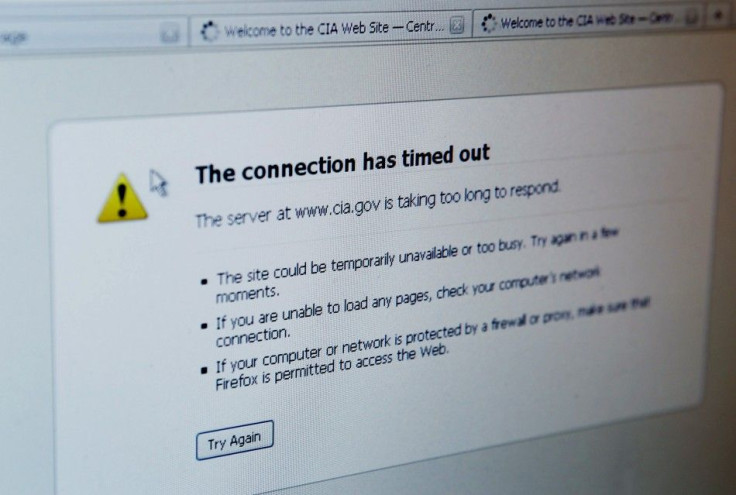North Korean Cyberattack on South Korean Bank Raises Cybersecurity Fears

Officials believe that North Korean hackers are responsible for a cyberattack on a South Korean bank, the latest incident to underscore the potential of rogue nations to wreak havoc with cyberwarfare.
In April, an attack on the Nonghyup agricultural bank destroyed data and blocked nearly 30 million customers from being able to access online services or use ATMs. Investigators believe they have traced the attack to North Korea, a finding that was corroborated by analysts with private organizations.
This was an unprecedented act of cyberterror involving North Korea, Kim Young-dae, a senior South Korean prosecutor in charge of the investigation, told The Washington Post.
The breach prompted Nonghyup to commit $476 million to shoring up its network security by 2015. It also offered the latest sign that South Korea, where Internet access is nearly ubiquitous may have entered into a new phase of conflict with its northern rival. North Korean hackers stole confidential military information from a South Korean network in 2009, and South Korean police alleged that a recent infiltration of gaming sites was carried out by hackers trained at North Korea's prestigious Kim Il-Sung University.
Cyberwarfare: New Form of Conflict
Cyberwarfare represents a dangerous new form of conflict because it is difficult to definitely trace -- North Korea denied they had any role in the attack on the bank -- and be carried out with little cost.
They are doing massive damage with simple means, said Georg Wicherski, a researcher with U.S.-based McAfee Labs who analyzed the attack, told the Post. This is Cyberwarfare 101.
In the United States, a proliferation of cyberattacks on government agencies has underscored the vulnerability of government and military networks that contain sensitive information. In July, hackers swiped 24,000 sensitive files from the Pentagon in a strike that Deputy U.S. Secretary of Defense William Lynn said emanated from a country rather than an individual or a hacking collective. He noted that Russia and China had previously launched cyberattacks on the U.S.
© Copyright IBTimes 2025. All rights reserved.



















